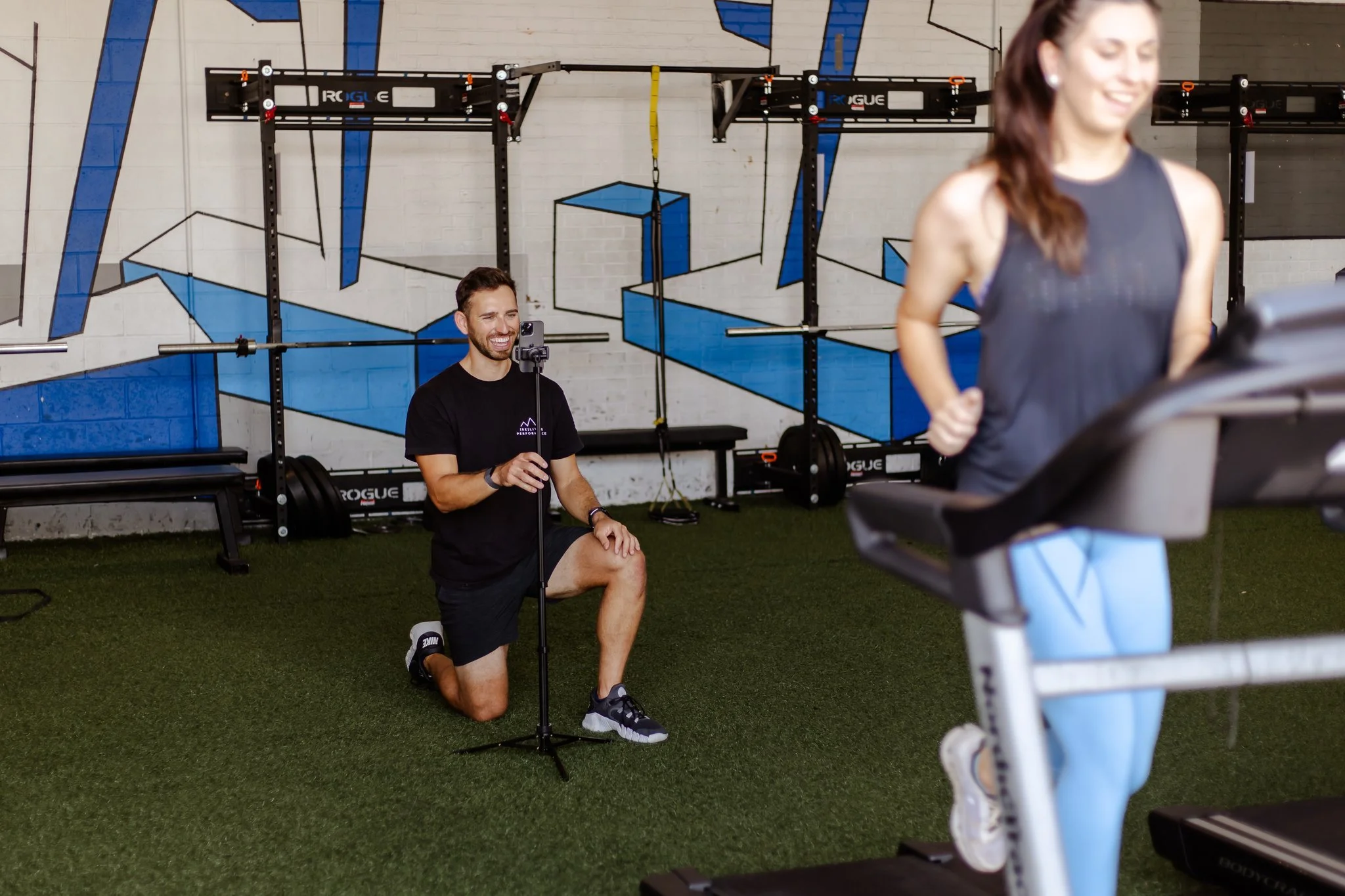Physical Therapy for Athletes in Greenville, SC: Enhancing Performance Safely
Athletes push their bodies further than the average person, often training at high intensity and performing repetitive movements that place significant stress on muscles, joints, and connective tissue. Whether you're a competitive runner, cyclist, CrossFit athlete, or weekend soccer player, your performance depends on physical precision, endurance, and resilience.
But these demands come at a cost. High-volume training, limited recovery, and sport-specific movement patterns can create imbalances that lead to overuse injuries or performance plateaus. Even small inefficiencies in form or strength can compound over time, making it harder to stay consistent — or stay in the game.
READ: Stretching vs. Strengthening: What Your Recovery Plan Needs Most
That's where athlete-focused physical therapy plays a vital role. At Reliving Performance in Greenville, SC, treatment isn’t about simply recovering from injuries — it’s about preparing your body to handle the demands of your sport safely and effectively. Through proactive care, athletes can reduce injury risk, recover faster, and perform at a higher level with confidence.
Common Injuries Athletes Face — And Why They Happen
Athletes of all levels deal with a predictable set of injuries, often tied to the specific movements and repetitive stress of their sport. From strained hamstrings to overworked shoulders, these issues usually stem from a combination of overuse, poor movement mechanics, or muscle imbalances.
Runners often experience conditions like IT band syndrome, shin splints, or plantar fasciitis — usually related to repetitive impact, tight hips, or faulty stride patterns. Cyclists may develop knee pain, lower back tension, or numbness in the hands due to posture and prolonged time in the saddle. Meanwhile, strength and power athletes are more prone to rotator cuff issues, lumbar strains, and tendonitis.
What many athletes don't realize is that these injuries rarely occur “out of nowhere.” They often build slowly, triggered by movement dysfunctions that go unaddressed during training. Without early intervention, they can become chronic problems that derail performance or sideline progress altogether.
That’s why individualized physical therapy is essential. At Reliving Performance, therapists look beyond the pain point to identify the root cause — whether it’s weak glutes, poor core activation, or limited mobility — and design a plan to correct it before it leads to bigger setbacks.
How Physical Therapy Supports Athletic Performance
Physical therapy isn't just for rehab — it's a powerful tool for performance enhancement when applied proactively. For athletes in Greenville, SC, incorporating physical therapy into a training routine can mean faster gains, fewer injuries, and greater efficiency during movement.
READ: Top 5 Conditions Physical Therapy Can Help You Recover From
At its core, athlete-centered physical therapy focuses on identifying and correcting movement inefficiencies. This might involve improving joint mobility, restoring muscle balance, or retraining your nervous system for better coordination. These changes may seem subtle, but they often unlock major improvements in strength, speed, and endurance.
Performance-focused physical therapy also provides targeted recovery support. Techniques like soft tissue mobilization, active recovery protocols, and corrective exercises help reduce fatigue and prevent overtraining — critical for athletes balancing demanding schedules.
At Reliving Performance, care is built around each athlete’s sport, training demands, and goals. Whether you're preparing for a race or working through an off-season strength cycle, the plan adapts to support your next milestone — not just prevent your next injury.
The Role of Prevention in Keeping You at the Top of Your Game
For athletes, injury prevention isn’t optional — it’s a critical part of staying competitive and consistent. Yet many wait until pain shows up before seeking help. Physical therapy flips that script by identifying small issues before they turn into bigger problems.
Preventive care starts with movement analysis. At Reliving Performance in Greenville, SC, therapists assess how you move during your sport — not just in a clinic setting. They look for compensations, mobility restrictions, and muscle imbalances that might not cause pain yet but could lead to injury down the line.
Once these patterns are identified, your PT can build a customized program that includes sport-specific drills, mobility work, and strength exercises to reinforce efficient movement. This proactive strategy helps you maintain optimal performance without interruption.
It’s also a mindset shift: instead of playing catch-up with injuries, you're building a system that supports your goals year-round. Whether you're in season or off, physical therapy becomes part of your performance plan — not just your recovery plan.
What to Look for in an Athlete-Focused PT Clinic in Greenville
Choosing the right physical therapy clinic can make all the difference in your performance and long-term health. For athletes, that means finding a team that understands the unique demands of your sport — and builds treatment around your specific goals.
READ: Maximizing Your Recovery: A Comprehensive Guide to Physical Therapy Services in Greenville, SC
An athlete-focused clinic should offer one-on-one care, movement-based evaluations, and customized treatment plans that evolve with your training. Look for a team that treats more than just pain — they should assess how you move, identify weaknesses, and give you tools to improve efficiency and prevent setbacks.
At Reliving Performance in Greenville, SC, physical therapy is tailored for athletes. Whether you’re a distance runner, cyclist, strength athlete, or weekend competitor, the team provides sport-specific care that meets you where you are — and helps you get where you want to go.
The right clinic won’t just help you recover — it’ll help you stay in the game, improve how you perform, and push toward your next personal best.
![[re]living performance](http://images.squarespace-cdn.com/content/v1/64ea1efd68aa4d0b5bbc4c2c/8c034368-362d-4627-b9cf-a0a607b04a91/25+%5BRE%5DLiving+Blk%3AYellow+Logo.png?format=1500w)
